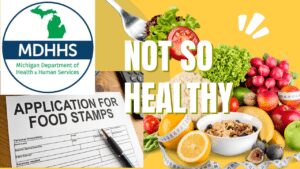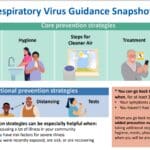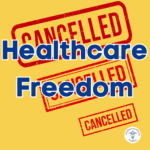 When COVID hit, Michigan residents set about home gardening in record numbers. Apparently competing with people’s innate drive for food independence, Governor Whitmer shut down plant and seed sales, and the Michigan Department of Heath and Human Services (MDHHS) expanded qualifications for Food Stamps.
When COVID hit, Michigan residents set about home gardening in record numbers. Apparently competing with people’s innate drive for food independence, Governor Whitmer shut down plant and seed sales, and the Michigan Department of Heath and Human Services (MDHHS) expanded qualifications for Food Stamps.
These state actions erode freedom of opportunity, one of America’s historic promises.
Previous articles in this series explored the size of MDHHS and red flags associated with its mental health involvement. Now, we turn to one of its other welfare programs: Food stamps.
Unlike Old World fixed class structure and arbitrary royal favors, America’s system of porous economic class divisions allows people to grow wealth with honest work and initiative. In contrast, Michigan policies draw us back into dependency and class barriers.
The director of a successful homeless rehabilitation program described the tenacious qualities of Food Stamps.
“We have helped many people back to working and living on their own,” he said. “The biggest barrier is welfare, and the really impossible program to work with is food stamps.”
MDHHS, Food Stamps, and Dependency
Initially, the Governor denied people opportunities to work and grow their own food with COVID closures. Then, MDHHS advertised its food stamps and other welfare programs in a steady stream of press releases and other promotions.
A timeline of recent facts on MDHHS and food stamps:
- Before COVID (2018), Michigan Capitol Confidential reported “Food Stamp Abuse Rate Up But Enrollment Down” at 684,001.
- Iin April 2021, MDHHS expanded qualifications for Food Stamps, specifying that re-enrollment wasn’t required. It further promoted enrollment with Customer Service 24 hours a day, seven days a week, along with Spanish and Arabic language services.
- Enrollment passed 1.3 million trumpeted one MDHHS press release as it extended additional “food assistance for 350,000 Michigan families in response to COVID-19” through April, 2021.
- During 2021, MDHHS also expanded SNAP to an anticipated 200,000 college students.
- MDHHS also maintains an Office of Inspector General and SNAP fraud-reporting site.
- Food stamps are a US Department of Agriculture program administered in Michigan by MDHHS. Common names are EBT, Bridge Card, or Supplemental Nutrition Assistance Program (SNAP).
- SNAP subsidizes unhealthy foods, according to the Physicians Committee for Responsible Medicine. Participants are at “greater risk of death from diabetes and heart disease than nonparticipants. Forty percent of adult SNAP participants are also obese, versus 32 percent for nonparticipants at the same income level nonparticipants.”
Result: Dependency
Results matter. Whatever the motives for expanding food stamp enrollment, dependency degrades the human spirit and limits use of God-given talents. Downstream, economic depression shows up as “Help Wanted” signs remain posted in Michigan for months.
True, different areas of Michigan need individual and regionally-specific ways to cultivate food independence. However, we share a common need for MDHHS Food Stamp reform to reverse dependency.
Originally published on Apr 22, 2021. Updated January 17, 2022.





